Wholesale 3# 5# 8# Size Zipper For Garment Manufacturing Bags Black Zipper Plastic Zipper
| produto | zíper de plástico |
|---|---|
| cor | Personalizado |
| tamanho | 10#, 20#, 3#, 30#, 5#, 8# |
| Comprimento | Personalizado |
| aplicativo | roupas, têxteis |
Este produto é personalizado de acordo com o design individual do cliente, portanto, não há preço fixo. O preço dependerá do material, tamanho, cores e quantidade. Saiba mais nas Perguntas Frequentes.
The number 3 has held a place of profound significance across various cultures and historical epochs, symbolizing concepts of balance, harmony, and completeness. In ancient civilizations, the number 3 often illustrated a connection between the divine and the mortal realms. For instance, in Christianity, the Holy Trinity—consisting of the Father, the Son, and the Holy Spirit—epitomizes the unity and perfection of God in three distinct persons. This concept of a triad is not unique to Christianity; Roman mythology also embraced the power of three with its Capitoline Triad, which included Jupiter, Juno, and Minerva, embodying the essential attributes of sovereignty, protection, and wisdom.
Similarly, Hinduism venerates the Trimurti, a triad of deities comprising Brahma the creator, Vishnu the preserver, and Shiva the destroyer. This triad reflects the cyclical nature of existence and the balance of creation, preservation, and destruction. Such examples from diverse religious traditions underscore the number’s intrinsic association with balance and harmony.
In the realm of numerology, the number 3 is often linked to creativity, communication, and expression. It is seen as a symbol of completeness, as it represents the synthesis of dualities into a cohesive whole. This triadic structure can be observed in various aspects of life, including time (past, present, future) and human experience (mind, body, spirit).
The number 3’s influence extends to art, literature, and folklore as well. Many classic works of literature and folklore employ the rule of three to craft compelling narratives and memorable motifs. For instance, fairy tales frequently feature three trials, three wishes, or three siblings, utilizing this structure to create rhythm and balance in storytelling. Similarly, in visual art, the use of triptychs in religious and secular contexts has been a popular means of conveying complex ideas and emotions through a balanced, three-part composition.
Throughout history and across cultures, the number 3 has consistently been a symbol of balance, harmony, and completeness. Its pervasive presence underscores its universal appeal and enduring legacy, making it a powerful and meaningful element in human thought and expression.
The number 3 holds a significant place in contemporary science, technology, and daily life, symbolizing balance and harmony in various domains. In the realm of science and mathematics, the concept of three dimensions—length, width, and height—forms the foundation of our spatial understanding. This tri-dimensional perspective is crucial for everything from architectural design to virtual reality simulation. Similarly, in photography, the rule of thirds is a fundamental principle that enhances visual composition by dividing an image into nine equal segments, thereby creating a more balanced and engaging visual experience.
In chemistry and biology, triads are essential. For instance, the water molecule (H₂O) is composed of three atoms, each playing a vital role in the molecule’s properties. In genetics, the trio of nucleotides, known as codons, encodes the genetic information that dictates protein synthesis. These examples underscore how the number 3 is intrinsic to the natural world and scientific inquiry.
Technologically, the number 3 is pivotal in design and development. In user interface design, the principle of three-clicks posits that a user should be able to find any information with no more than three clicks, ensuring a streamlined and efficient user experience. Software development frequently employs the three-layer architecture—comprising the presentation layer, the logic layer, and the data layer—to build scalable and maintainable applications. Ergonomics, too, often follows triadic principles to optimize human interaction with tools and environments, promoting efficiency and reducing strain.
In daily life, the influence of the number 3 is pervasive. Common expressions like “third time’s the charm” reflect a cultural belief in the significance of the number. Decision-making processes often incorporate three options to simplify choices and enhance clarity. Social interactions frequently involve triads, such as in the formation of small groups, which tend to be more stable and harmonious than larger assemblies. These examples highlight how the number 3 continues to shape our modern world, reflecting its enduring relevance and practicality.
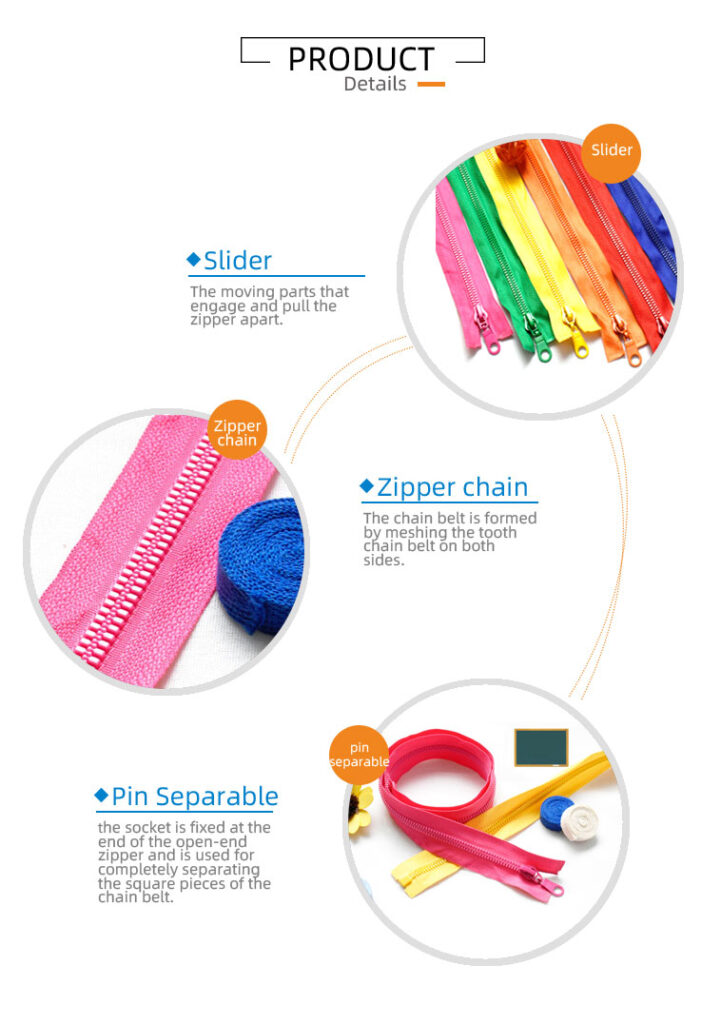
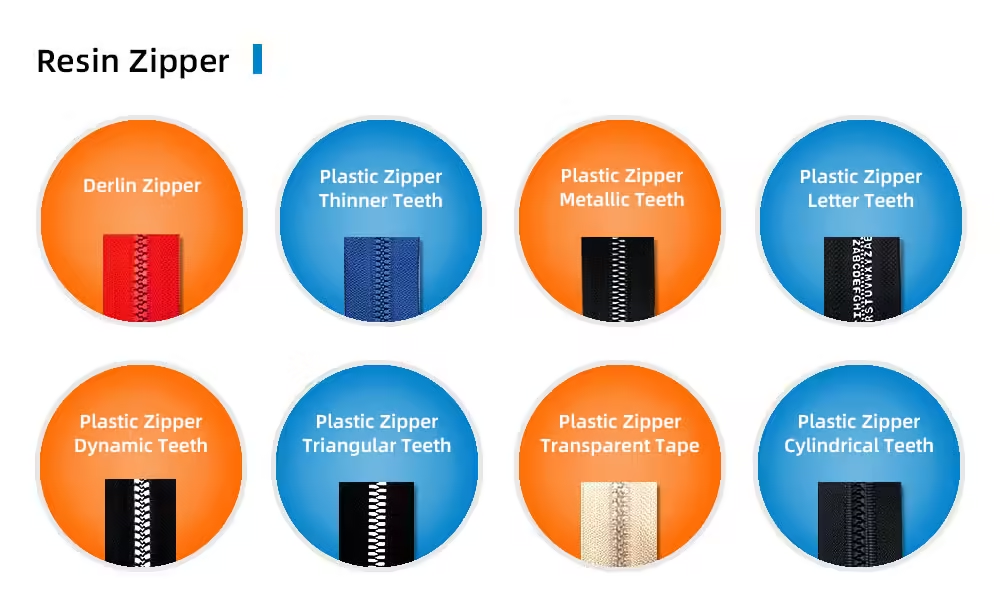
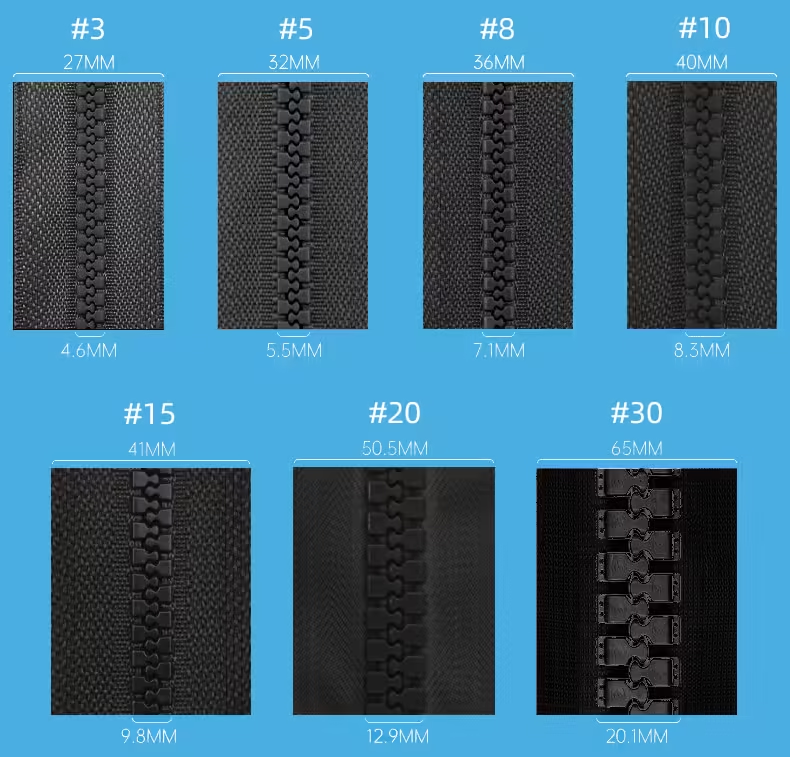

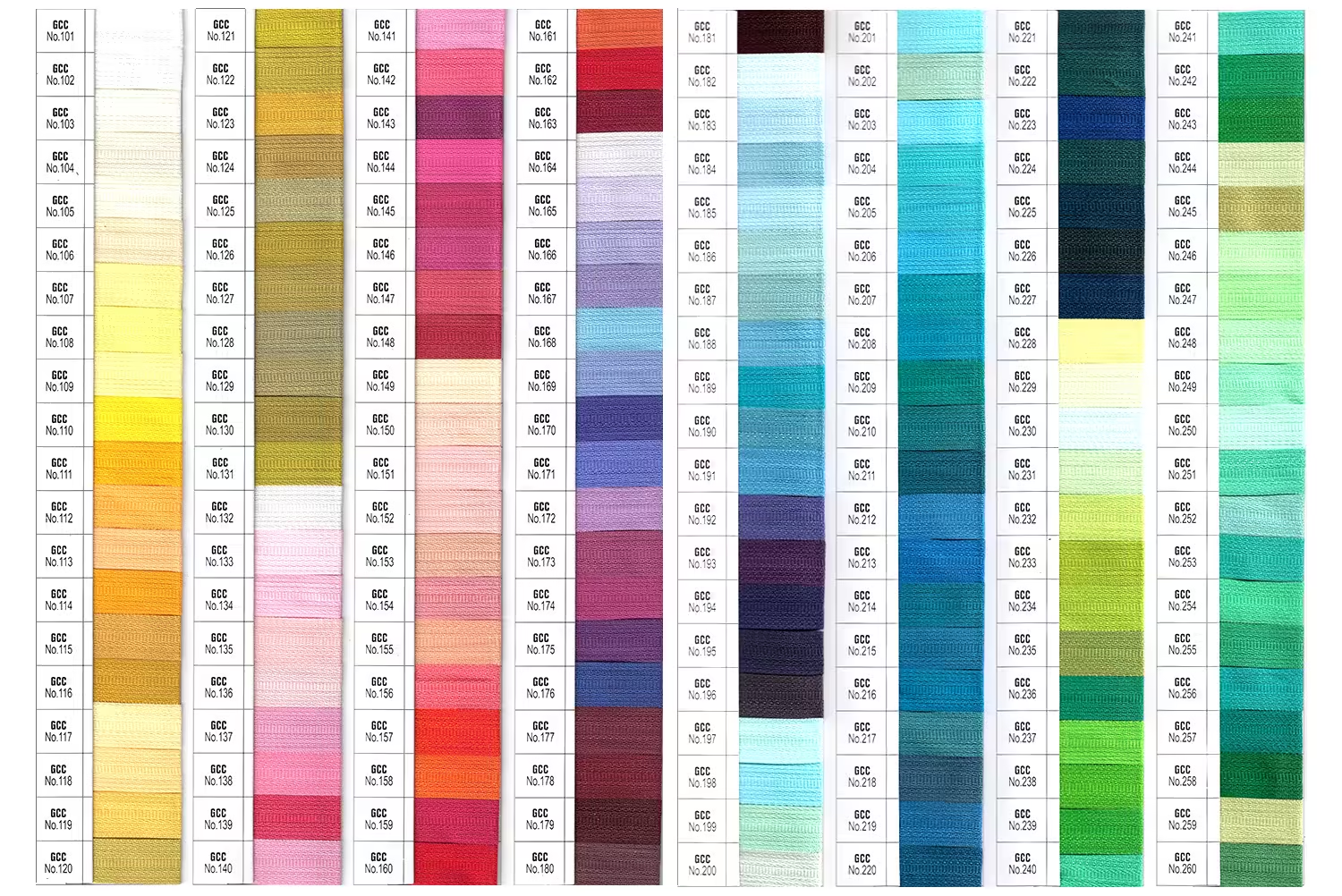
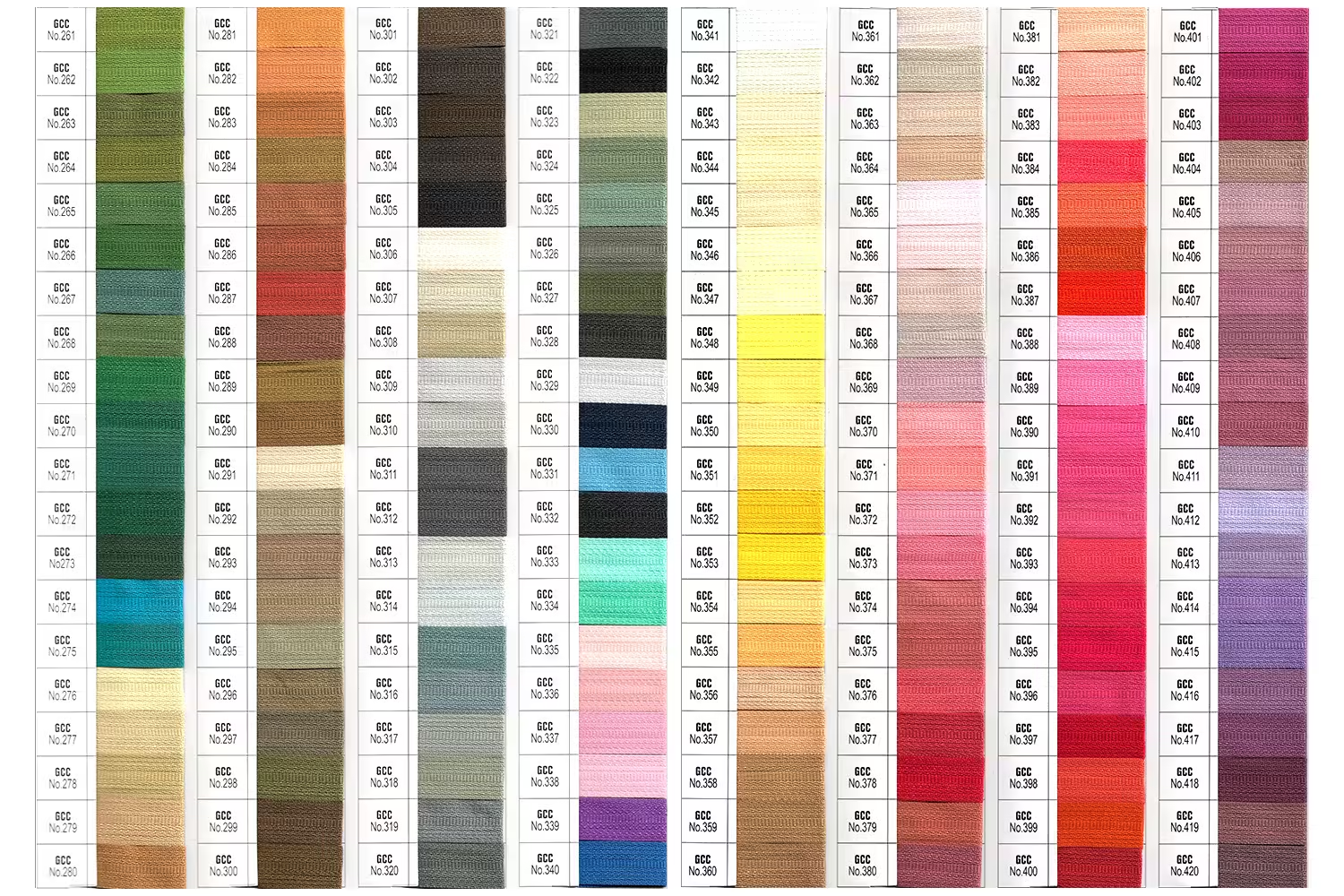
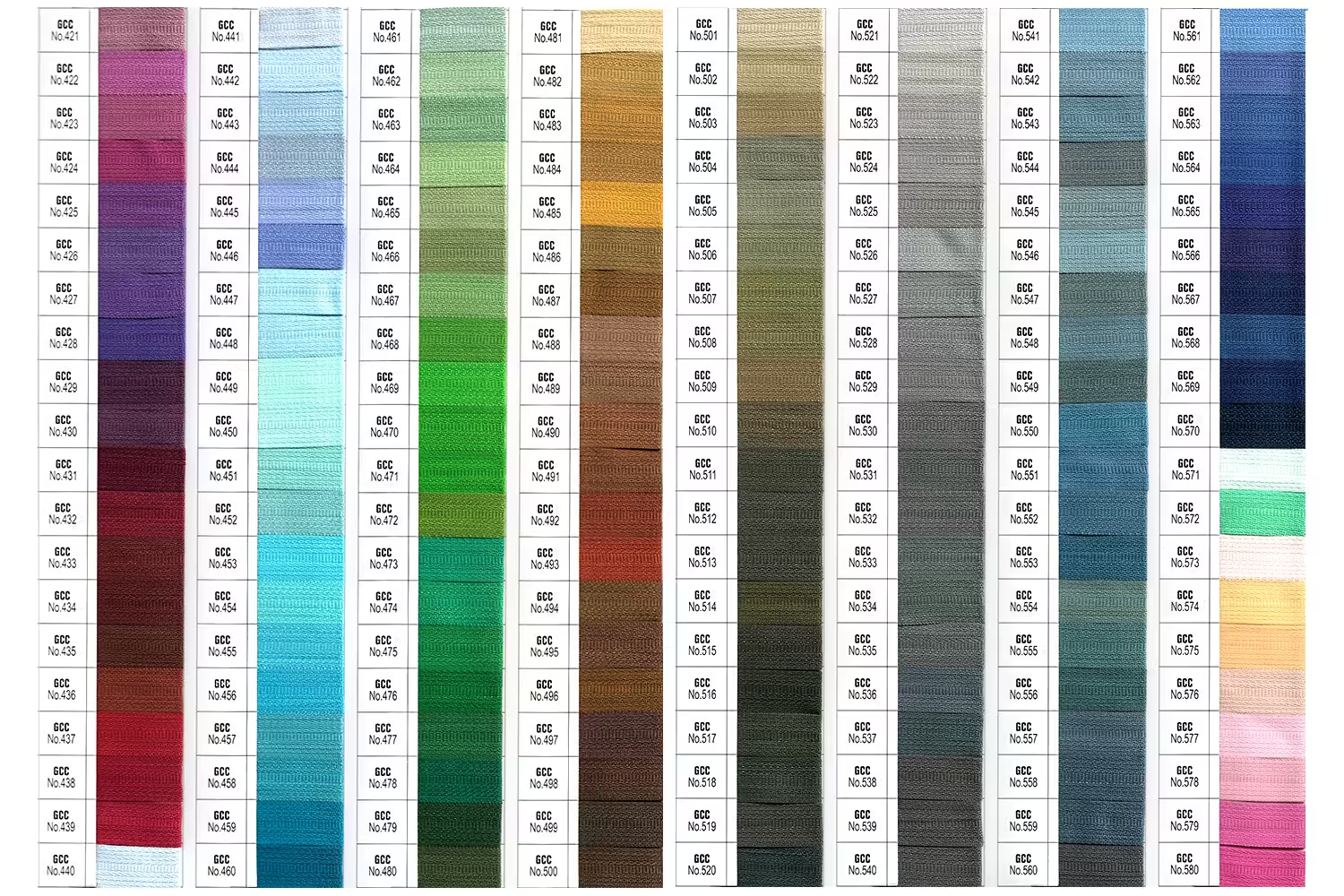
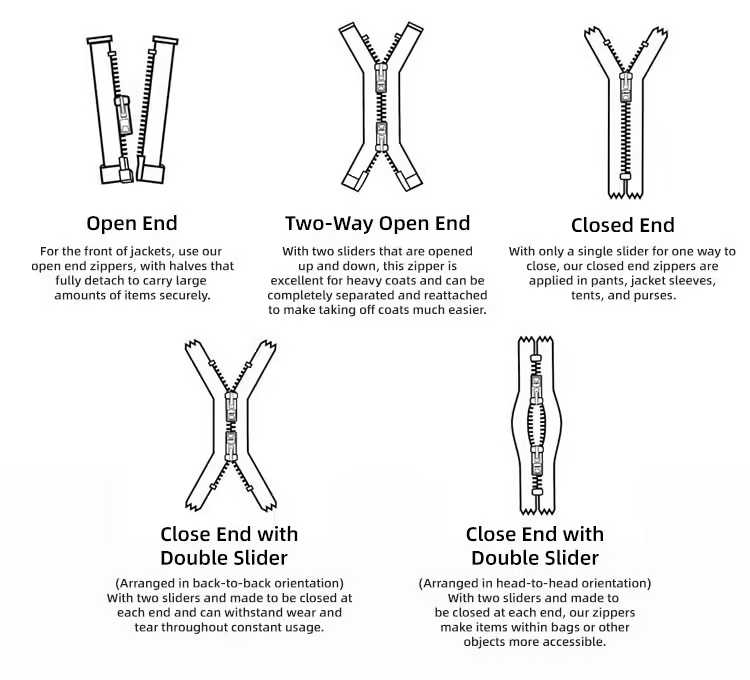
Padrão Zíper aberto
Use na frente de jaquetas, casacos e saias.
Zíper aberto bidirecional
O zíper aberto bidirecional pode abrir e fechar, este zíper é excelente para casacos longos e pode retirá-los com muito mais facilidade.
Padrão Zíper fechado
Zíperes fechados unidirecionais são aplicados em calças, mangas de bolsas, travesseiros e bolsas.
Zíper de ponta fechada em formato de X
(orientação costas com costas)Usado principalmente em tendas e mosquiteiros.
Zíper de ponta fechada em formato de O
(orientação cabeça a cabeça) Os zíperes de extremidade fechada em formato de O criam itens dentro de bolsas ou colchões.
Você pode enviar consultas para obter orçamentos, planos e serviços exclusivos gratuitos.
Responderemos a todas as suas perguntas em até 24 horas.
Entraremos em contato com você em até 1 dia útil, preste atenção ao e-mail com o sufixo “@zipper-factory.com”.